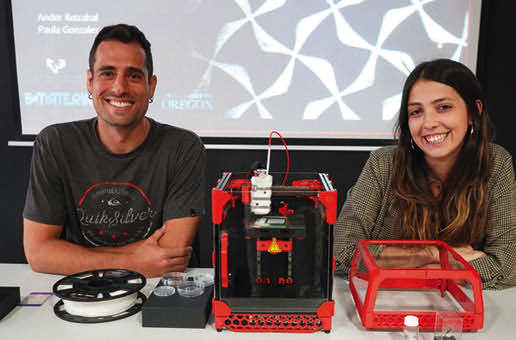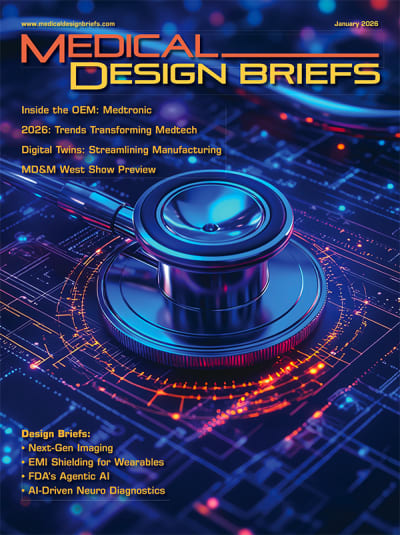
An advanced microscale 3D printing technology used for tissue engineering, cancer research, and biofabrication is now accessible to researchers worldwide. The technology centers around melt electrowriting (MEW), a unique class of additive manufacturing that enables the creation of high-resolution fibrous and porous structures using electrically charged molten polymers.
The researcher’s new paper provides a comprehensive instruction plan to convert a standard 3D printer into a viable bioengineering research printer for under $3,000 and could unlock new possibilities in tissue engineering and biomaterial development.
In creating the device, the team prioritized affordable and commercially available components. They converted a commercially available fused filament fabrication (FFF) 3D printer kit, an open-source FFF Voron 0.1 printer, into a versatile MEW device that was dubbed the “MEWron". (Image credit: University of Oregon)
For more information, visit here .



